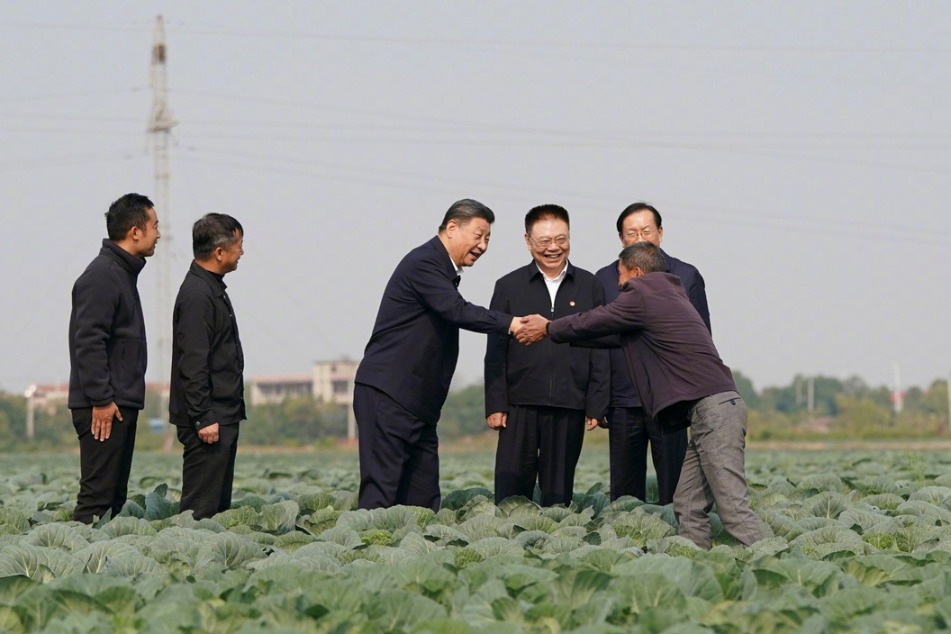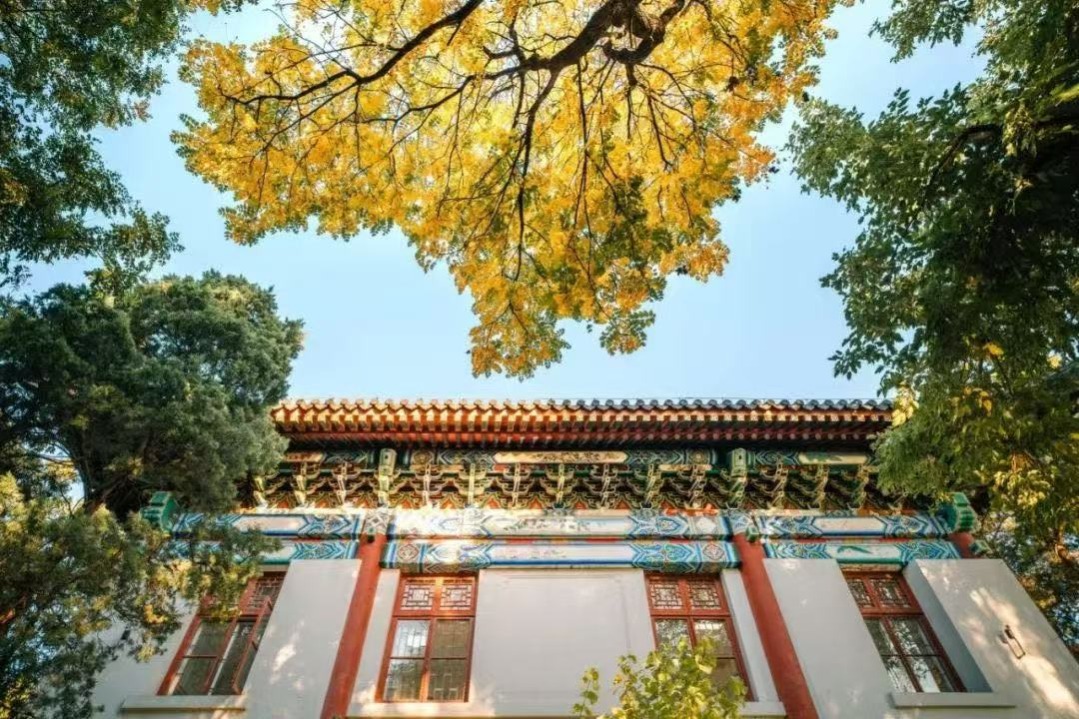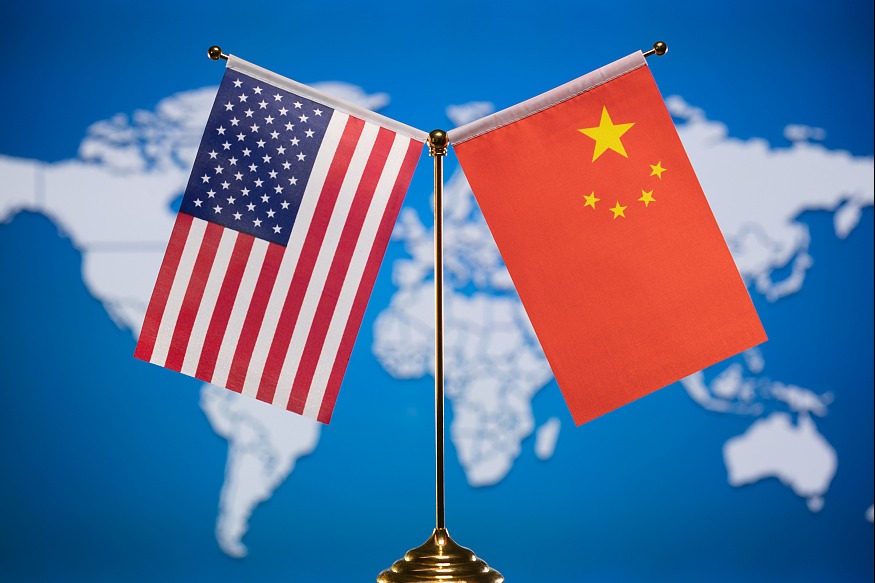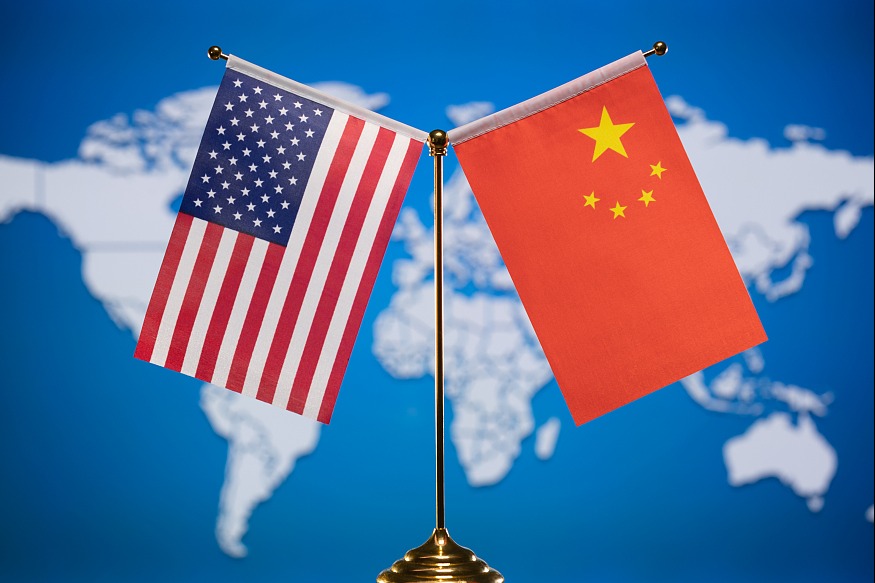Why BRICS attracts Global South countries


The world is threatened by turbulence, chaos and disorder. The competition between major countries has become increasingly tense, impacting trade, investment, industry and supply chains, and people-to-people exchanges.
International organizations, too, face a plethora of problems. For instance, the Appellate Body of the World Trade Organization has been suspended since 2019, seriously affecting the smooth operation of WTO. Some regional and international organizations face funding shortage. And organizations such as the World Bank and International Monetary Fund need to undergo reform to become truly representative and better meet the needs of diverse countries.
On the other hand, an optimistic picture of development has emerged. BRICS, in the beginning, was only a concept proposed by economist Jim O'Neill. He saw in Brazil, Russia, India and China huge development potential, and thus concluded that these countries will play an important role in the global economy in the near future. That concept became a reality when BRIC held its first summit in Yekaterinburg, Russia, in 2009. The next year South Africa officially joined the grouping, and BRICS came into being.
Although there have been pessimistic predictions on the development and future of BRICS, the member states have maintained good development momentum. This year, Egypt, Ethiopia, Iran, the United Arab Emirates, and Saudi Arabia joined in BRICS, signaling the start of "Greater BRICS cooperation".
The BRICS Summit, held in Kazan, Russia, last month saw the participation of more than 30 national delegations and six international organizations. About 30 countries have expressed their interest in joining BRICS.
BRICS member states have different social systems and cultures, and are at different stages of development. Yet under the framework of BRICS, they can reach consensuses on many issues, by seeking common ground and shelving differences.
BRICS is an open and inclusive family, not an exclusive club targeting others. Its operation is flexible, and the "BRICS Plus" model is a new mechanism that encourages developing countries, even though they are not full members, to work together to overcome common global challenges. Joining BRICS can help bring tangible benefits to developing countries and boost their development.
The global economy was yet to fully recover from the devastating impact of the 2008 global financial crisis when the COVID-19 pandemic broke out. Such was the impact of the pandemic that for the first time in 32 years the UN Human Development Index declined for two consecutive years in 2020 and 2021.
While the world was still struggling to emerge from the double shock of the global financial crisis and the pandemic, the Russia-Ukraine conflict broke out followed by the Israel-Palestine conflict. To make matters worse, the US-led West has intensified the geopolitical competition, further impacting global development. While the United States is busy playing its zero-sum games, about 1.1 billion people around the world are living in extreme poverty.
Amid all this, BRICS has emerged as a platform promoting sustainable development and helping countries to pursue green development. Balew Demissie, a consultant at the Ethiopian Policy Studies Institute, said that joining BRICS will create more opportunities for Ethiopia in the fields of trade, investment and development.
BRICS attaches great importance to green development and green cooperation. And China, as President Xi Jinping emphasized at the BRICS Summit in Kazan, is willing to expand cooperation with BRICS member states in the green economy.
By joining BRICS, developing countries can strengthen the representation and voice of the Global South at global forums and international organizations, and help reform the US-led world order. The increasing instability, uncertainty and even chaos the world has been facing make the reform of the world order a necessity, because it will enable the Global South to have its due representation on the global stage.
The Global South is becoming increasingly independent and wants to exert more influence on international affairs.
Faced with the crises in Ukraine and Gaza, and global challenges such as climate change, poverty and refugees, the world needs new ideas and new measures to pursue common development. This is where BRICS comes in. As the Kazan Declaration indicates, having reached consensuses and decided on measures on a wide range of issues, BRICS will continue to promote peace and development to make the world a better place.
The author is vice-president of and a professor at China Foreign Affairs University. The views don't necessarily reflect those of China Daily.
If you have a specific expertise, or would like to share your thought about our stories, then send us your writings at [email protected], and [email protected].

































